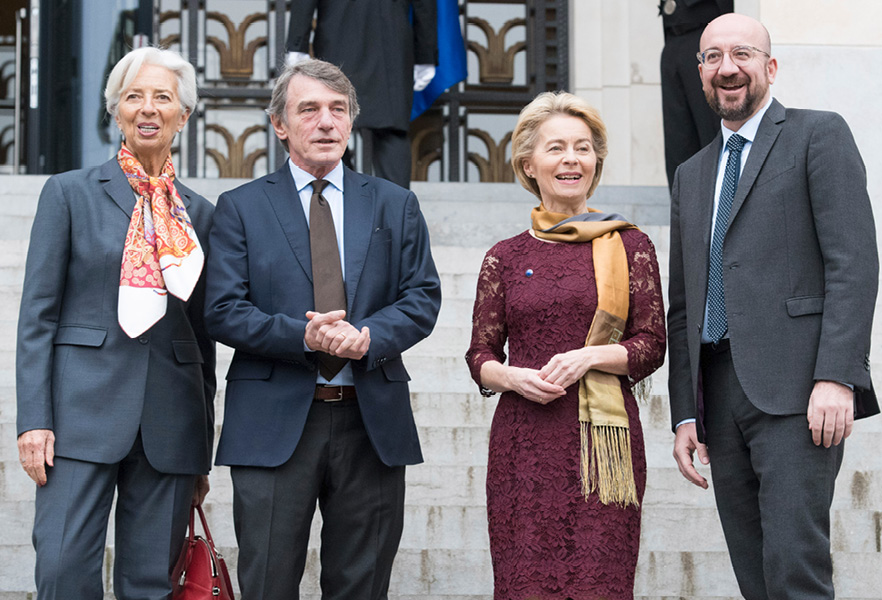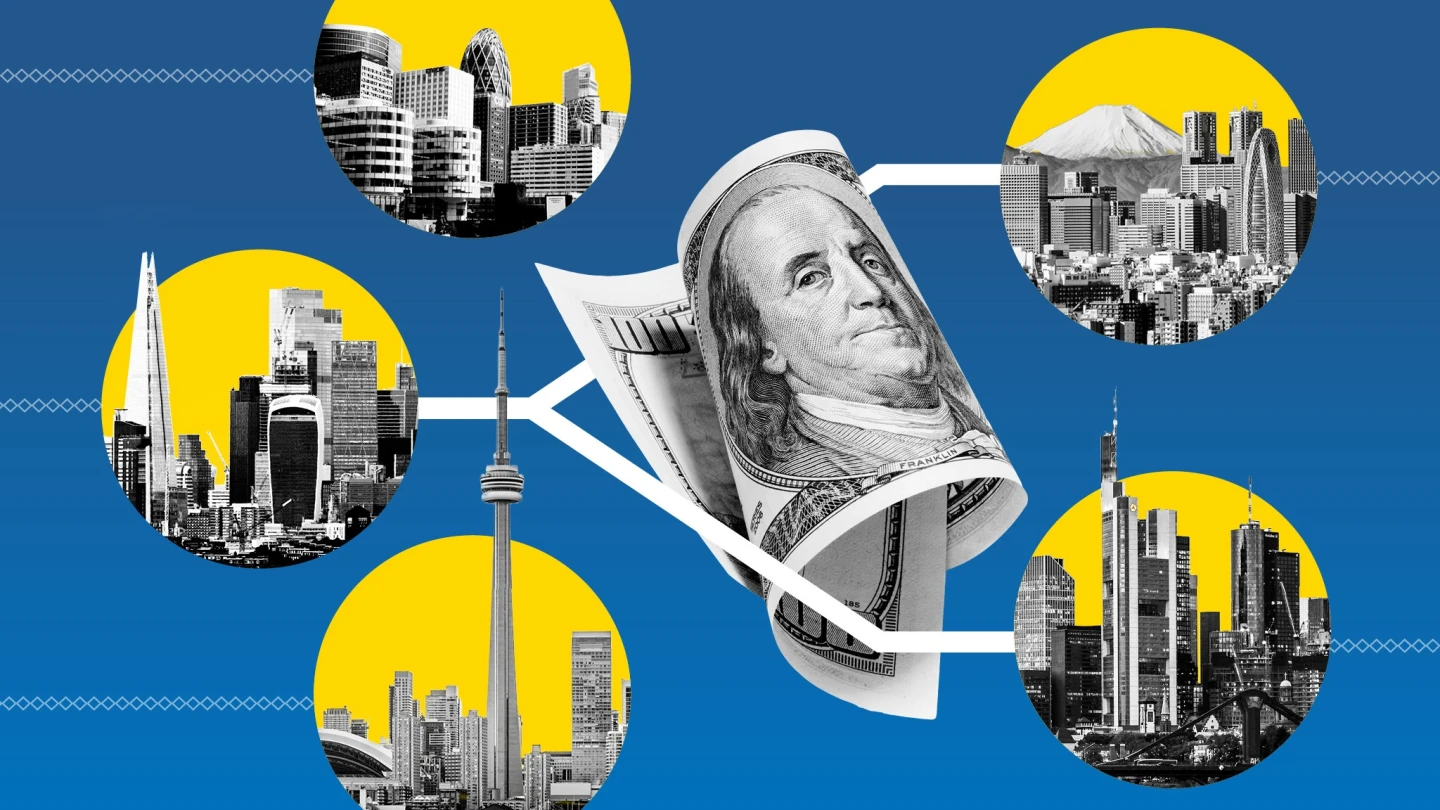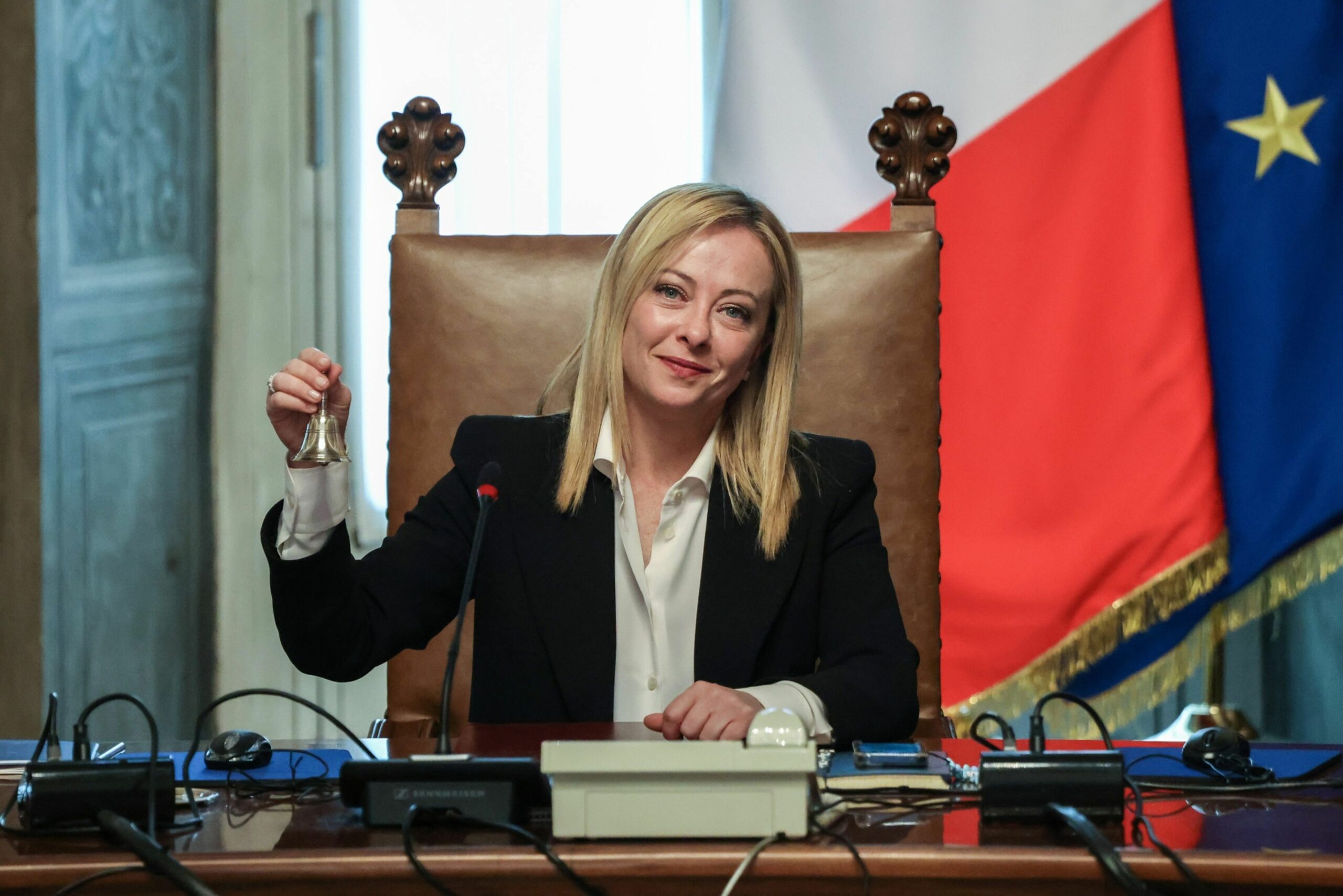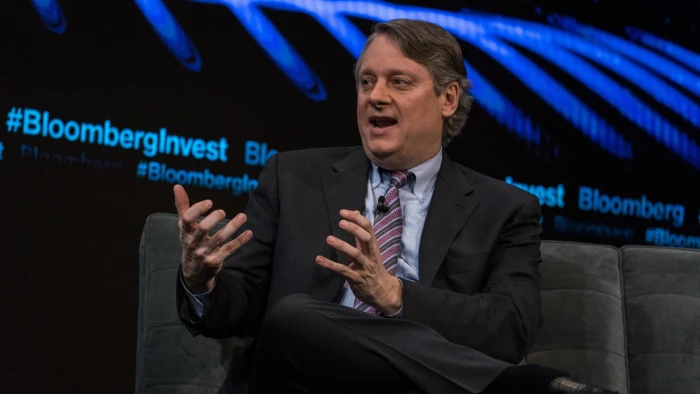With regard to social and climate change, the partnership offers “the strongest social and climate commitments of any EU trade agreement with an African country.” The deal calls for Kenyan businesses to have duty-free access to the EU single market immediately and for Kenya to gradually open up to European businesses.
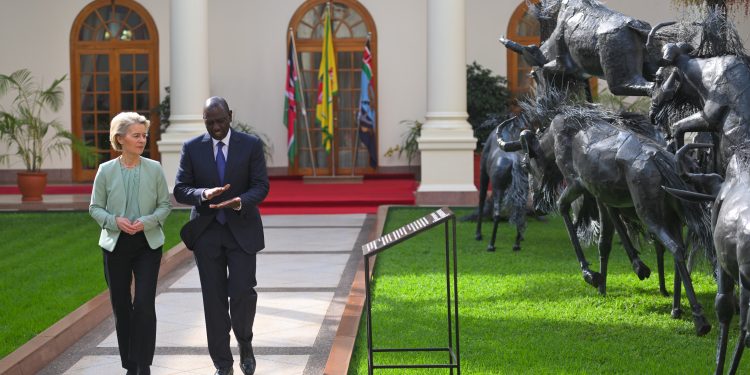
Brussels – In Africa, the EU is pursuing Beijing. Ursula von der Leyen, the president of the European Commission, signed an Economic Partnership Agreement (EPA) with Kenya this morning in Nairobi. Kenya, like most sub-Saharan African nations, continues to have its strongest commercial relations with China.
a deal to enhance investment flows, promote bilateral trade in goods, and support sustainable economic growth. The European Commission stated in a note that this trade agreement is the “most ambitious trade agreement ever signed by the EU with a developing country when it comes to sustainability provisions such as climate and environmental protection, labour rights, and gender equality.”
William Ruto, the president of Kenya, expressed his expectations for a “significant strengthening of development cooperation, particularly in the area of trade and investment with a special focus on Kenya’s commitment to the transition to a green economy” at the formal ceremony in Nairobi. In summary, the deal will assist to “create even more opportunities for businesses and exporters” by allowing businesses from the African nation to access the European single market duty-free once it comes into effect. On the other hand, by gradually extending the local market and providing more legal clarity, it will encourage investment from the 27 EU member states in Kenya. “To ensure that this is a fair and long-lasting agreement, it is important for us to bring the products we need to produce here to the Kenyan market, without competing with local products,” von der Leyen promised.

The EU Commission President went on to say that the agreement is a win-win situation that will “further stimulate bilateral trade, support investment, and create good jobs in Kenya” with a “key partner for the European Union in Africa.” Kenya’s top export destination and second-biggest trading partner is the EU, with bilateral trade expected to reach €3.3 billion in 2022, up 27% from 2018. Beijing is the first, with commerce totaling more than $6 billion in 2021. To put it mildly, the balance is off: Nairobi received only 202 million of China’s 5.81 billion in commodities exports.
But it goes beyond competition and statistics. According to von der Leyen, “this agreement includes the strongest social and climate commitments of any EU trade agreement with an African country” and “will also contribute to sustainable and equitable economic growth.” Brussels and Nairobi have strong environmental and climate change adaptation cooperation: through the Global Gateway, the European Overseas Investment Programme, the EU has raised around €3.5 billion for over 150 projects that are being implemented for Kenya’s green transition. Furthermore, Ruto and von der Leyen signed the Green Hydrogen Strategy in September. In addition to the fact that “it is one of tomorrow’s energies,” it will also significantly advance the EU’s energy diversification plan, which was initiated in the wake of Russia’s invasion of Ukraine.






